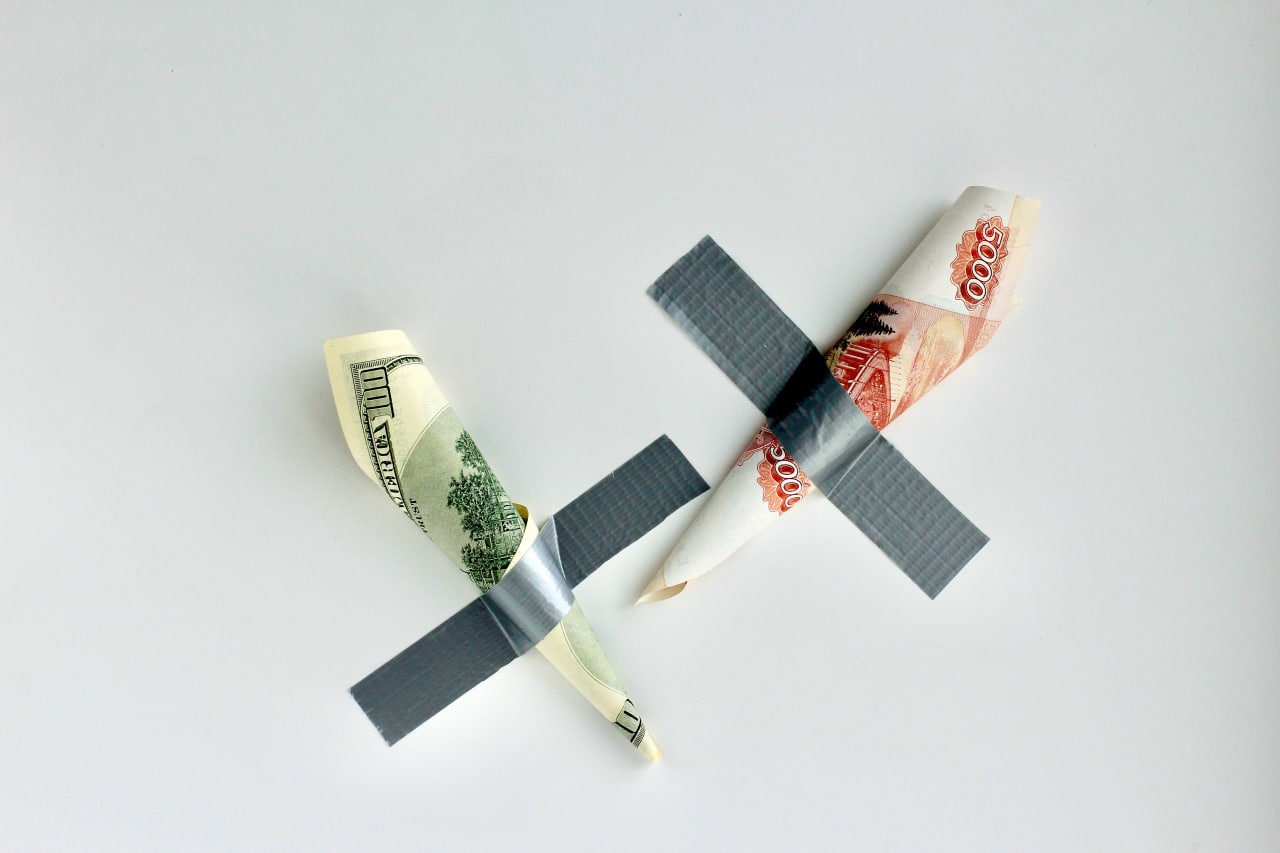Economy in the morning – single currency in the evening. But Money First
 The situation has not changed
The situation has not changed

A day after celebrating Belarus Independence Day, Vladimir Putin unexpectedly revisited the issue of supranational institutions. He emphasized that the introduction of a single currency and the creation of a single parliament of the Union State are matters for the future. Initially, more serious issues need to be addressed, starting with economic ones, followed by political ones. This logic is likely shared by Lukashenko as well. But do the approaches of Minsk and Moscow align?
Today, Lukashenka, like Putin, believes that a stable economic foundation must first be formed, and only then can political superstructures be considered. For example, it is necessary to resolve key issues related to pricing energy resources within the Union State framework before considering a single currency.
During Vyacheslav Kebich’s era, the idea of a Russian-Belarusian currency union appeared as a “ruble zone,” which Lukashenka later adopted. Over the past two decades, the issue of a single currency has repeatedly surfaced, intensified, and then been postponed. This occurred in several recurring cycles. The main contentious issues were: (1) the status of the emission center, (2) the powers of the National Bank of Belarus within the currency union, and (3) the powers of the Belarusian government in relation to the National Bank. By 2014, the idea of a single currency was largely forgotten, and the Kremlin focused on a new project—the Eurasian Economic Union, leaving the union-building with Belarus as an optional task.
Despite the Belarusian ruble becoming one of the main symbols of the country’s independence, it has also been the most unstable symbol. In the early years of Belarus’s formation as a state, inflation and dollarization of the economy were enormous. It’s hard to say how seriously Minsk initially took the idea of a single currency, but the peg to the Russian ruble ultimately worked positively by increasing public trust in the sovereign currency.
Regarding a single union parliament, this issue was rarely discussed publicly and was bundled with other problems of forming supranational bodies. The 1999 Union Treaty provides (Art. 62) for the development of a Constitutional Act defining the state structure of the Union State and its legal system. Since 2005, both sides have repeatedly stated that the Constitutional Act is 99% ready. The remaining 1% of “unfinished business” thus remained a matter of political refinement. This notorious 1% “unfinished business” is still an unresolved problem today, as it involves questions of the status, powers, and functions of the union bodies in relation to national ones, governance issues of the union state, and problems of its international status.
These are fundamental issues for which there has been no consensus in the past, and there is no foreseeable consensus for the following reasons:
- All options with “weak” supranational bodies (i.e., with “full” preservation of independence as understood by Lukashenka) suit Minsk more than Moscow. This is because they allow Belarus to enjoy all the advantages of a “satellite” economy located within the “mother” economy and Russia’s foreign policy support, without sacrificing significant elements and attributes of sovereignty.
- All options with a “strong” supranational center (like Brussels or stronger) put Minsk in a weak position. Aligning political institutions and practices with the union model undermines the fundamental principles of Lukashenka’s regime, the main one being absolute (which is inherently unattainable) unaccountability to external centers.
Due to these reasons, projects of a single administration and single currency have been shelved for a long time. But why not revisit them today when the Belarusian leadership is not in a strong position as before? For instance, the share of the Russian ruble in trade exchanges between Russia and Belarus has significantly increased. However, due to Minsk’s weak negotiating position, Lukashenka will fiercely defend the last strongholds of sovereignty. Meanwhile, topics of a single currency, parliament, and others might enter the current agenda and could diversify the 2025 presidential election campaign in Belarus.
Subscribe to our newsletter




Situation in Belarus
Constitutional referendum: main consequences


 Video
Video
How to count the political prisoners: are the new criteria needed?


 Video
Video
Paternalism In Decline, Belarusian Euroscepticism, And The Influence Of Russia


 Video
Video












